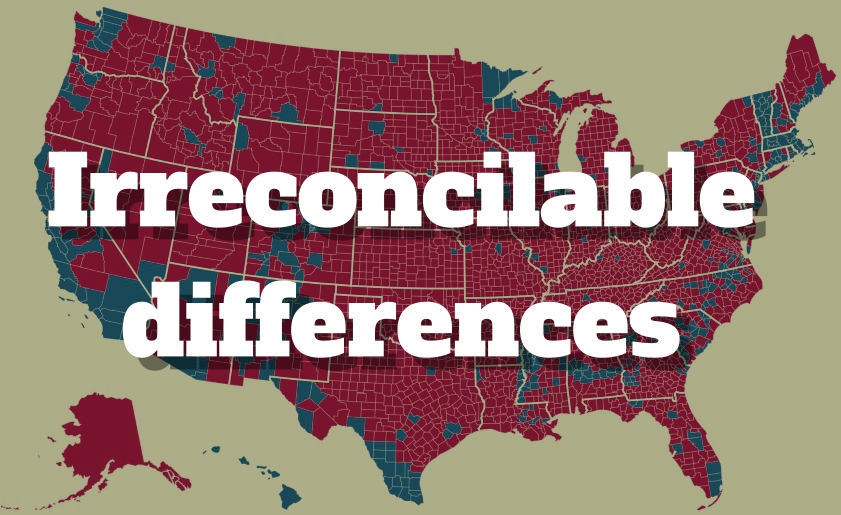 Texans are in no mood to have the Obama administration take away their guns.
Texans are in no mood to have the Obama administration take away their guns.
A pair of nullification bills working their way through the Lone Star State legislature would prohibit state enforcement of federal gun laws and regulations within the state.
House Bill 422 prohibits any state agency, municipality, and state and local law enforcement from “provid[ing] assistance to a federal agency or official” in the carrying out of any federal “statute, order, rule, or regulation” aimed at restricting the right to keep and bear arms. This bill includes a proscription on the enforcement within the state boundaries of any federal attempt to limit magazine round capacity.
Furthermore, the measure would essentially void any federal effort to infringe in any manner whatsoever on the rights of Texans, particularly when those federal regulations exceed existing state-enacted regulations.
House Bill 413 is the second bill currently being considered by state lawmakers. The bold language of this measure echoes that of its sister statute. Using the principles (if not the language) of the Kentucky and Virginia Resolutions penned by Thomas Jefferson and James Madison, the opening paragraph of HB 413 declares:
The legislature is firmly resolved to support and defend the United States Constitution against every aggression, either foreign or domestic, and oppose every infraction of the principles that constitute the basis of the union of the states because only a faithful observance of those principles can secure the nation’s existence and the public’s happiness.
Then, the bill recites irrefutable facts about how the Constitution was created and about the principle of federalism:
Acting through the United States Constitution, the people of the several states created the federal government to be the people’s agent in the exercise of a few defined powers, while reserving to the state governments the power to legislate on matters that concern the lives, liberties, and properties of citizens in the ordinary course of affairs.
This is a savvy and significant provision.
As HB 413, intimates, the law of agency applies when one party gives another party legal authority to act on the first party’s behalf. The first party is called the principal and the second party is called the agent. The principal may grant the agent as much or as little authority as suits his purpose. That is to say, by simply giving an agent certain powers, that agent is not authorized to act outside of that defined sphere of authority.
Upon its ratification, the states, as principals, gave limited power to the central government to act as their agent in certain matters of common concern: defense, taxation, interstate commerce, etc.
The authority of the agent — in this case the federal government — is derived from the agreement that created the principal/agent relationship. Whether the agent is lawfully acting on behalf of the principal is a question of fact. The agent may legally bind the principal only insofar as its actions lie within the contractual boundaries of its power. Should the agent exceed the scope of its authority, not only is the principal not held accountable for those acts, but the breaching agent is legally liable to the principal (and any affected third parties who acted in reliance on the agent’s authority) for that breach.
Under the law of agency, the principal may revoke the agent’s authority at will. It would be unreasonable to oblige the principals to honor promises of an agent acting outside the boundaries of its authority as set out in the document that created the agency in the first place.
Imagine the chaos that would be created if principals were legally bound by the acts of an agent that “went rogue” and acted prejudicially to the interests of the principals from whom he derived any power in the first place. It is a fundamental tenet of the law of agency that the agent may lawfully act only for the benefit of the principal.
Inexplicably, this is the position taken by those who argue that the states may not nullify unconstitutional federal acts and refuse to be bound by an agent that repeatedly exceeds its authority. Not only does this agent (the federal government) habitually breach the agency contract, but it does so in a manner that irreparably harms the principal (the states).
Congress is full of lawyers. Many presidents are lawyers. All federal judges are lawyers. Yet somehow when it comes to the relationship between the federal government and the states, they conveniently forget the basic principles of contract and agency law that are understood by second year law students.
You don’t need a law degree, however, to understand that if the basic principles of the laws of contract and agency are applied to the relationship between states and general government, the states’ right of nullification becomes laughably simple and (to borrow another phrase from Jefferson) “self evident.”
 These two bills are an excellent example of putting into practice the counsel given by James Madison with regard to how states should treat unconstitutional acts of the federal government they created.
These two bills are an excellent example of putting into practice the counsel given by James Madison with regard to how states should treat unconstitutional acts of the federal government they created.
Writing in The Federalist, No. 46, Madison recommended that in order to prevent the federal government from taking away fundamental liberties, state legislators should refuse “to co-operate with the officers of the Union.”
A popular lawyer and judge from the Founding Era, Joseph Story, described the Second Amendment’s critical check on tyranny in a way that sounds very much like the attitude that is on display in the Texas legislature: “The right of the citizens to keep and bear ams has justly been considered, as the palladium of the liberties of a republic; since it offers a strong moral check against the usurpation and arbitrary power of rulers; and will generally, even if these are successful in the first instance, enable the people to resist and triumph over them.”
As of May 8, HB 422 has made it out of committee is waiting to be placed on the calendar of the state House of Representatives.
HB 413, on the other hand, is stuck in committee and is in need of a good push to get it back on track toward becoming law.
Now is the time for all Texans committed to protecting their God-given right to keep and bear arms and resist tyranny to contact their state representatives and encourage them to vote in favor of both bills and get them on the governor’s desk.
For more information on Texas House Bills 422 and 413 and on contacting Texas state legislators, click here.



